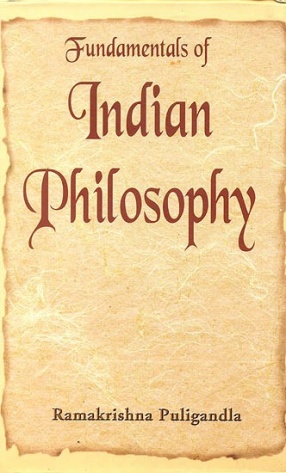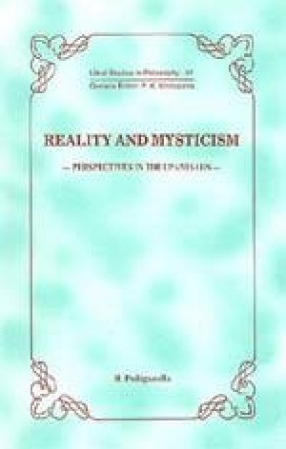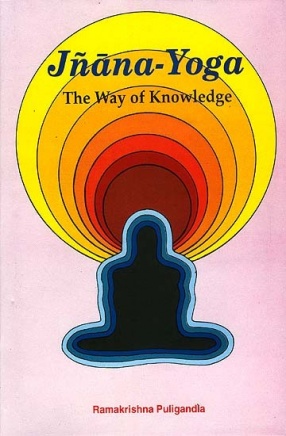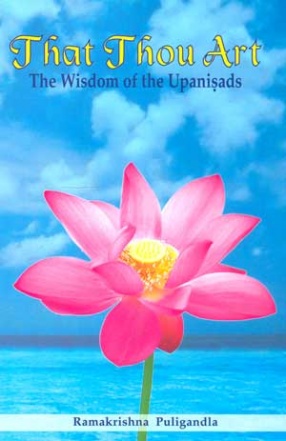
Showing all 6 books



Indian philosophy reflects some of the earliest thought-traditions in human history. Its foundations can be traced to ancient minds and their capacity for insatiable curiosity and constant meditation. The Indian thinkers of old aimed their pragmatic philosophies at not just the satisfaction of intellectual curiosity or pursuit of theoretical truths but actually the assimilation of intellectually discerned and established truths into one’s own personality ...

Jnana-yoga or "The Path of Knowledge" is one of the four central paths to knowledge of man and the world and realization of the ultimate reality as obtained in the ancient religious and philosophical traditions of India. It is the way of overcoming doubt through the exercise and development of the buddhi (the discriminative intellect). The roots of this tradition are traced to the glorious Upanisads; and the earliest Jnana-yogis are none other than the ...

Written with extraordinary clarity and elegance, this book is an excellent exposition of the complex philosophy of Advaita. A special feature of the book is the it inspires the readers to inquire deeply into their own traditions and undertakes the mystical quest. The author’s emphasis on “ first- hand truth” is indeed heartening, for, as he says quite rightly, “ ultimate questions are too important to be left for others to determine the ...

Digha is the largest fishlanding centre of West Bengal. The marine fish catches from this point meet the demand of different markets of the state especially of Calcutta and Howrah. Fishes inhabiting the coastal waters of Digha are a treasured resource both in terms of their utility as food and as materials for scientific study. Digha has a potential coastline of about 10 km which offers scope for more effective exploitation of marine fishery resources. A list of ...


Since ancient times, philosophers and scholars have attempted to study and analyse the profound thoughts of the Upanishads in order to unravel their true meaning. The lectures presented here are a fresh analysis of the Upanishadic thinking with respect to reality, knowledge and consciousness. Prof. Puligandla here attempts to reveal the central Upanishadic insights and the significance of the observations to modern scientific thought. He comes up with some ...
